Glimmers of hope at SABOA Conference
Glimmers of hope at SABOA Conference
Under the banner of “Navigating Policy Uncertainty”, the Southern African Bus Operators Association (SABOA) Conference revealed that bus and coach operators have little reason for cheer. But COLIN WINDELL reports that glimmers of hope did shine through at the Nasrec Showgrounds early in September.
Bus and coach operators are facing incredibly difficult operating circumstances with rising fuel prices, interest rate uncertainty, and ongoing loadshedding (currently at Stage 6). Accordingly, Lesiba Manamela, speaking for the Minister of Transport, admitted that the Public Transport Grant needs to be increased by at least 30%.
Standard Bank macroeconomic strategist Shireen Darmalingam said there was possible cause for hope: “Every developing market space is struggling with inflation but there are hopes for pauses in the rate hikes. In the second quarter of this year, confidence levels dropped quite a lot, but we do think the SA Reserve Bank has done enough to contain inflation and maybe to hold off on any increases.”
SANRAL’s Siveshni Pillay noted that public transport is highly significant in the social and economic development of the country and has a direct influence on people’s quality of life. “The number of commuters is growing but cash is a problem for these people, for various reasons. That is why SANRAL is pushing for a single ticketing system on all public transport modes to eliminate cash, reduce operating costs, and improve fare collection efficiency.”
Although not everything related to the eToll system has yet been ironed out, Pillay said the back-end technology in that system far exceeded what was needed, so there is ample capacity for introducing value-added services such as a single ticketing system.
At the operating end of the equation, Gideon Neethling, company engineer for Golden Arrow Bus Services in Cape Town, gave a positive outlook on the use of electric buses, with the company having already completed more than 100,000km of testing.
Based on these tests, a 37-seater bus is currently running at 1.05kW/h and 1.1kW/h for a 57-seater. This, said Neethling, translates to an energy saving of 70%.
“Currently we estimate parts savings will be around 50% and oil and lubrication around 80%,” he related. “This will also mean a labour saving over the bus life of about 30%.”
Neethling added that the current testing has provided direction for the future and that it is vitally important for operators to do comprehensive and proper planning ahead of time.
“A large portion of the vehicles in our fleet do less than 250km a day and need less than three hours on charge to replenish. Morning and afternoon peak times are when most units are on the road,” he said. “During the slower period in the middle of the day, many are back in the yard and can easily be charged then.”
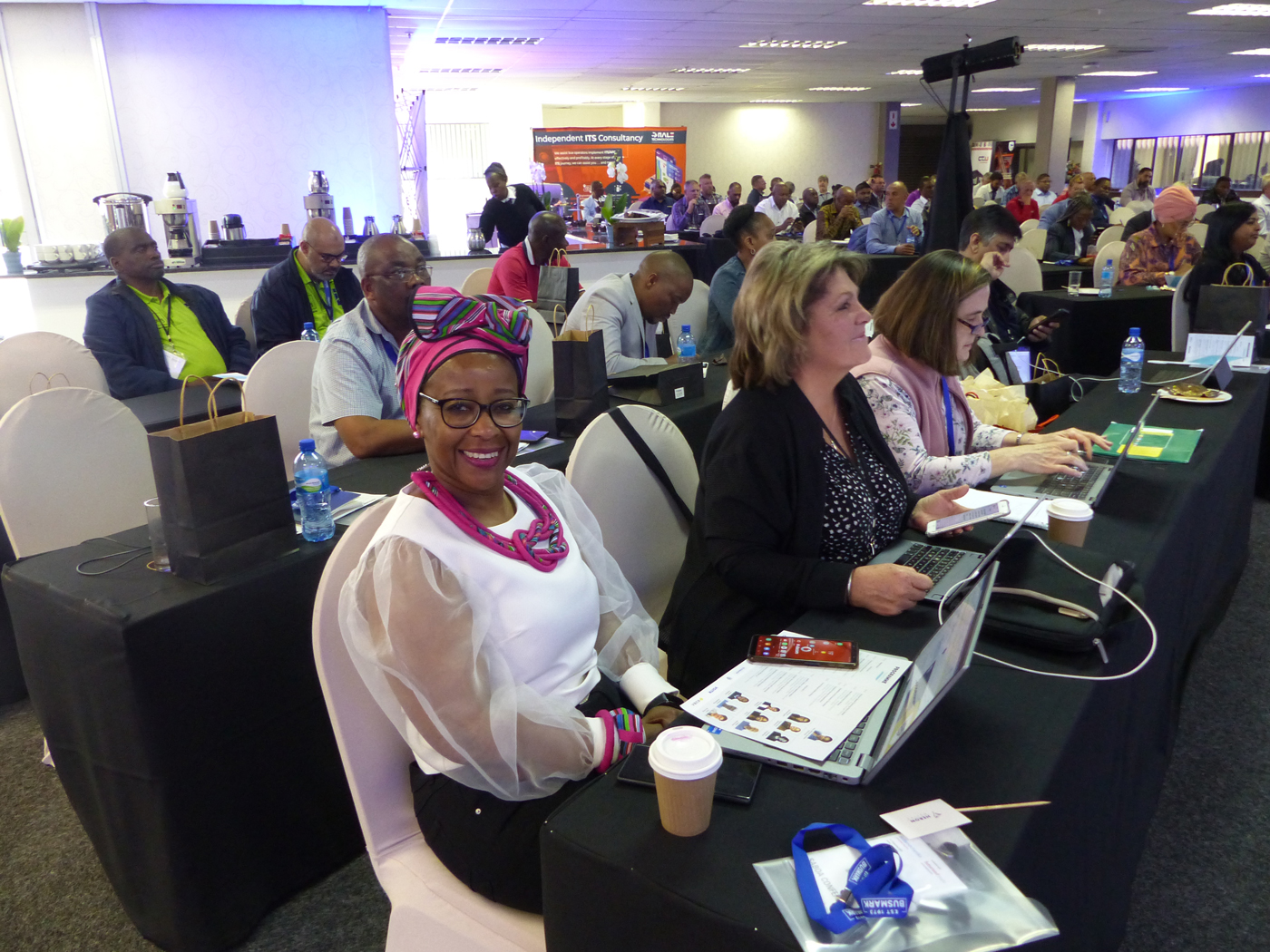

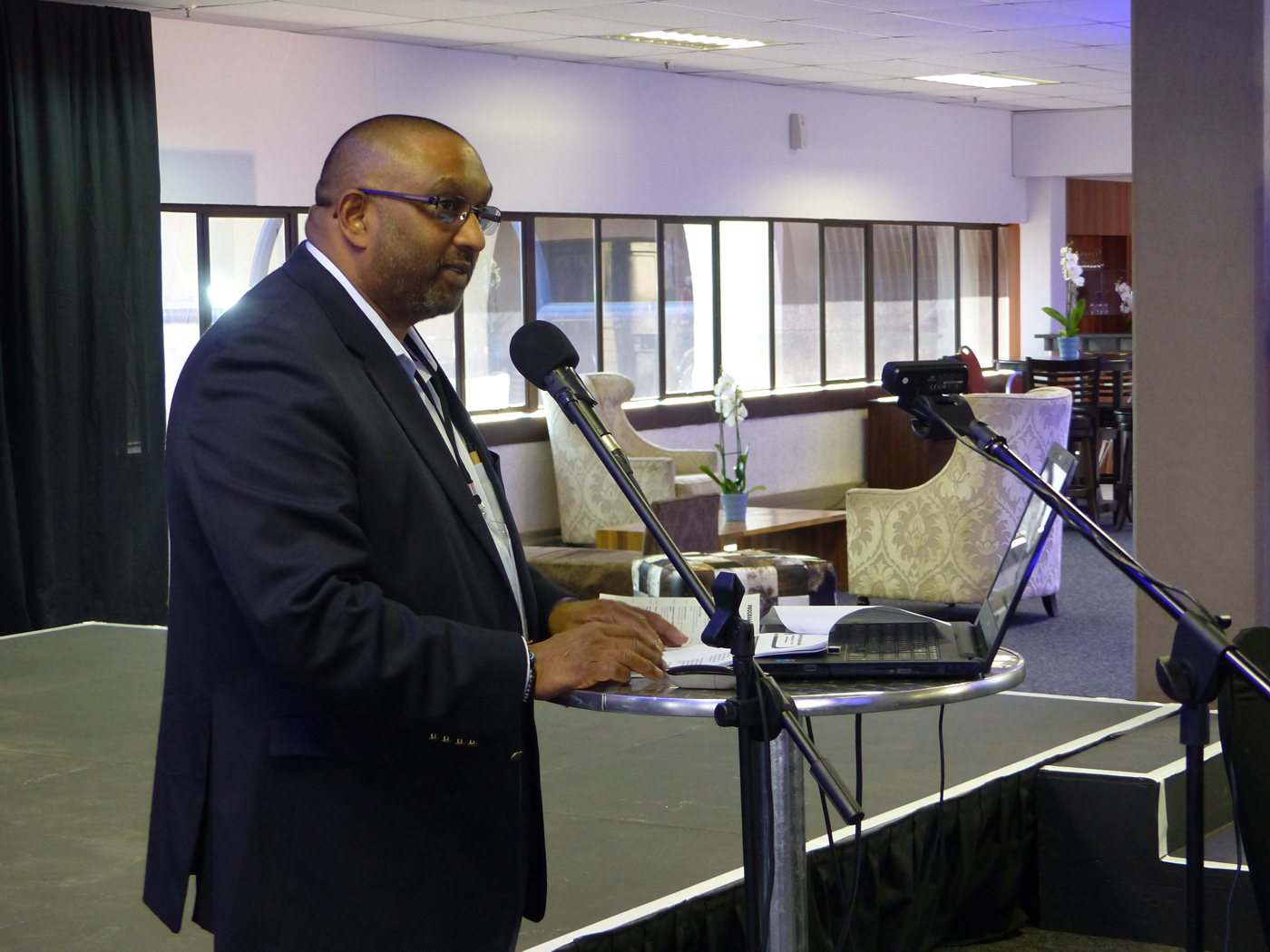
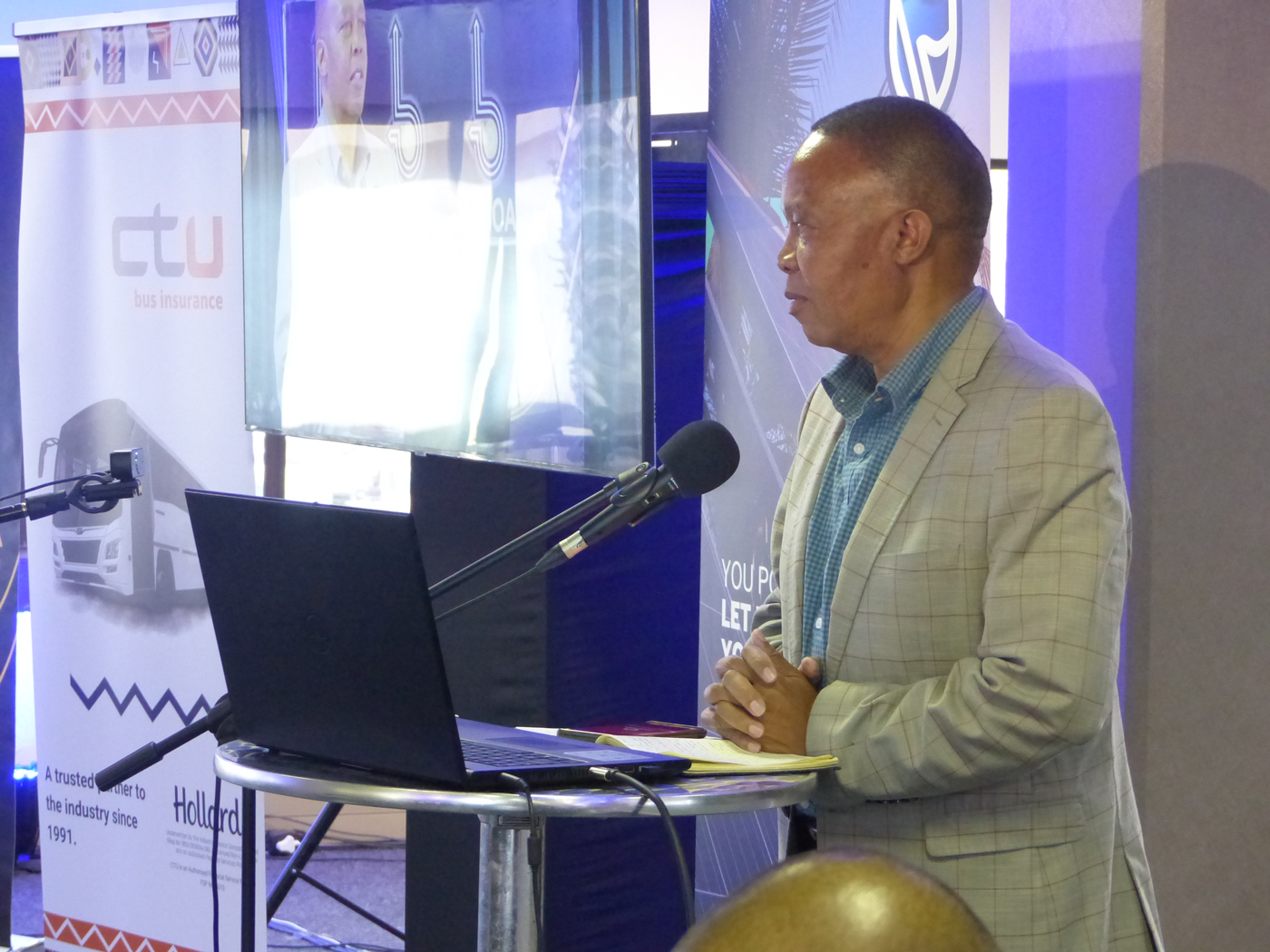
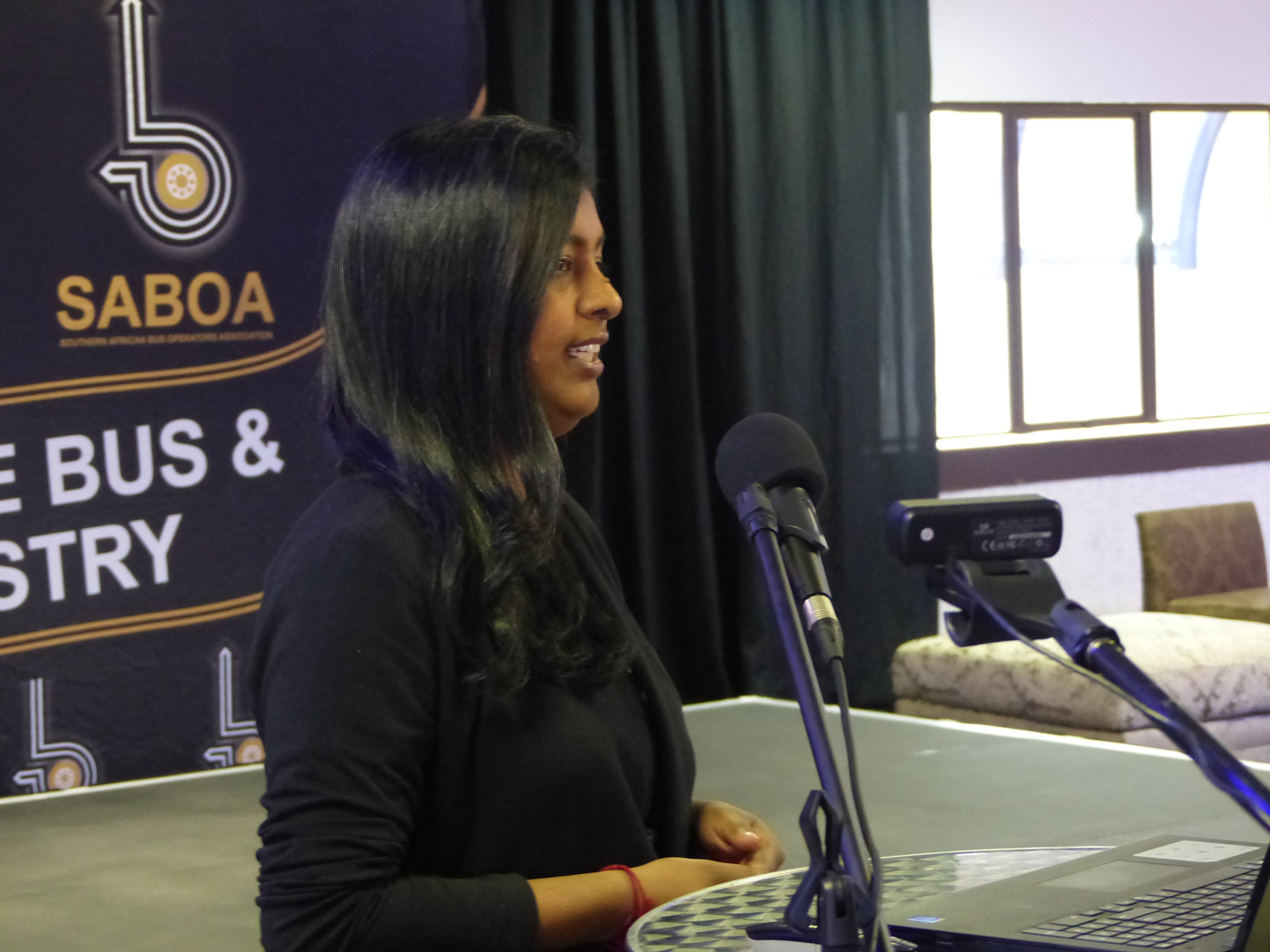
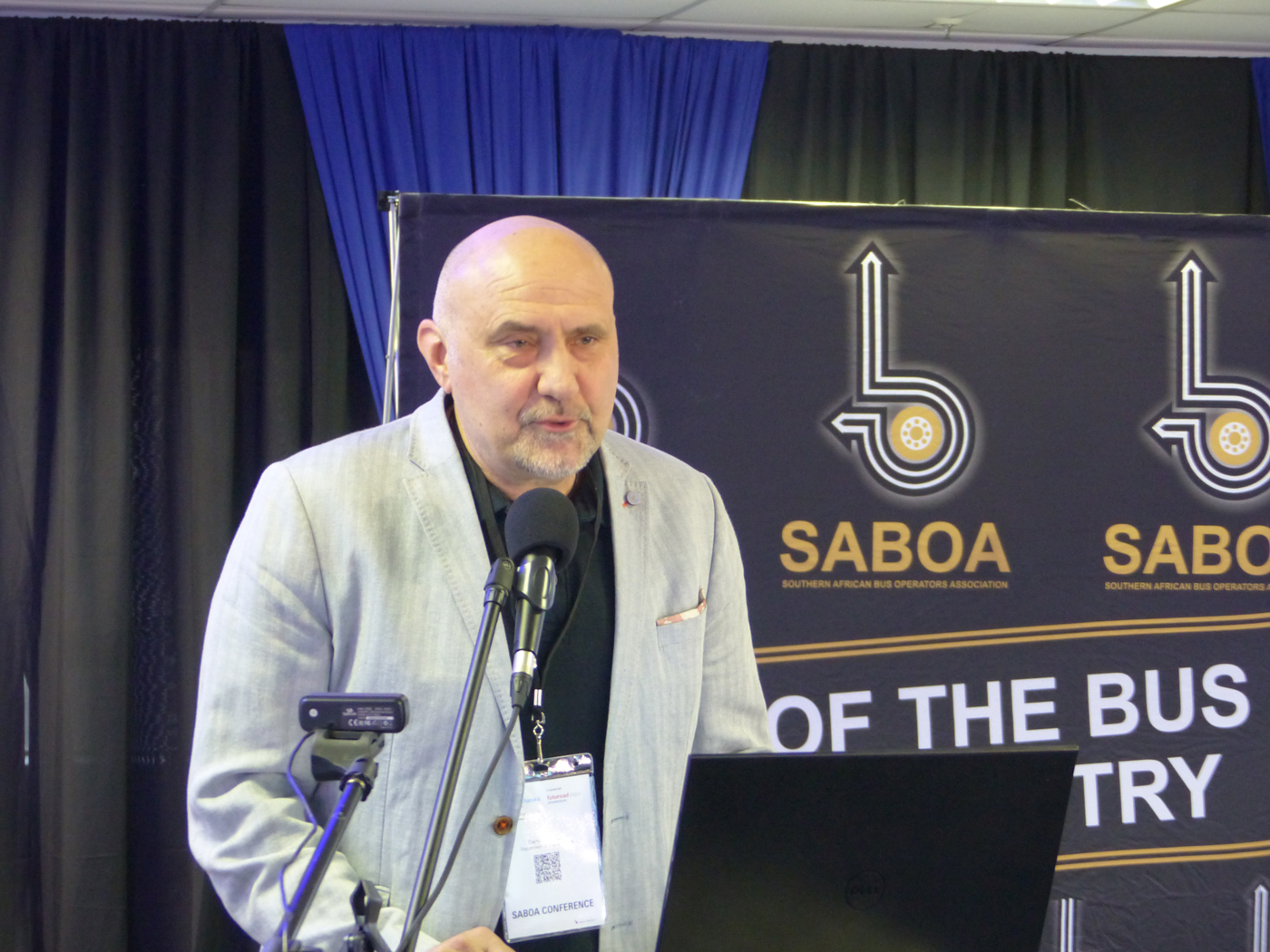
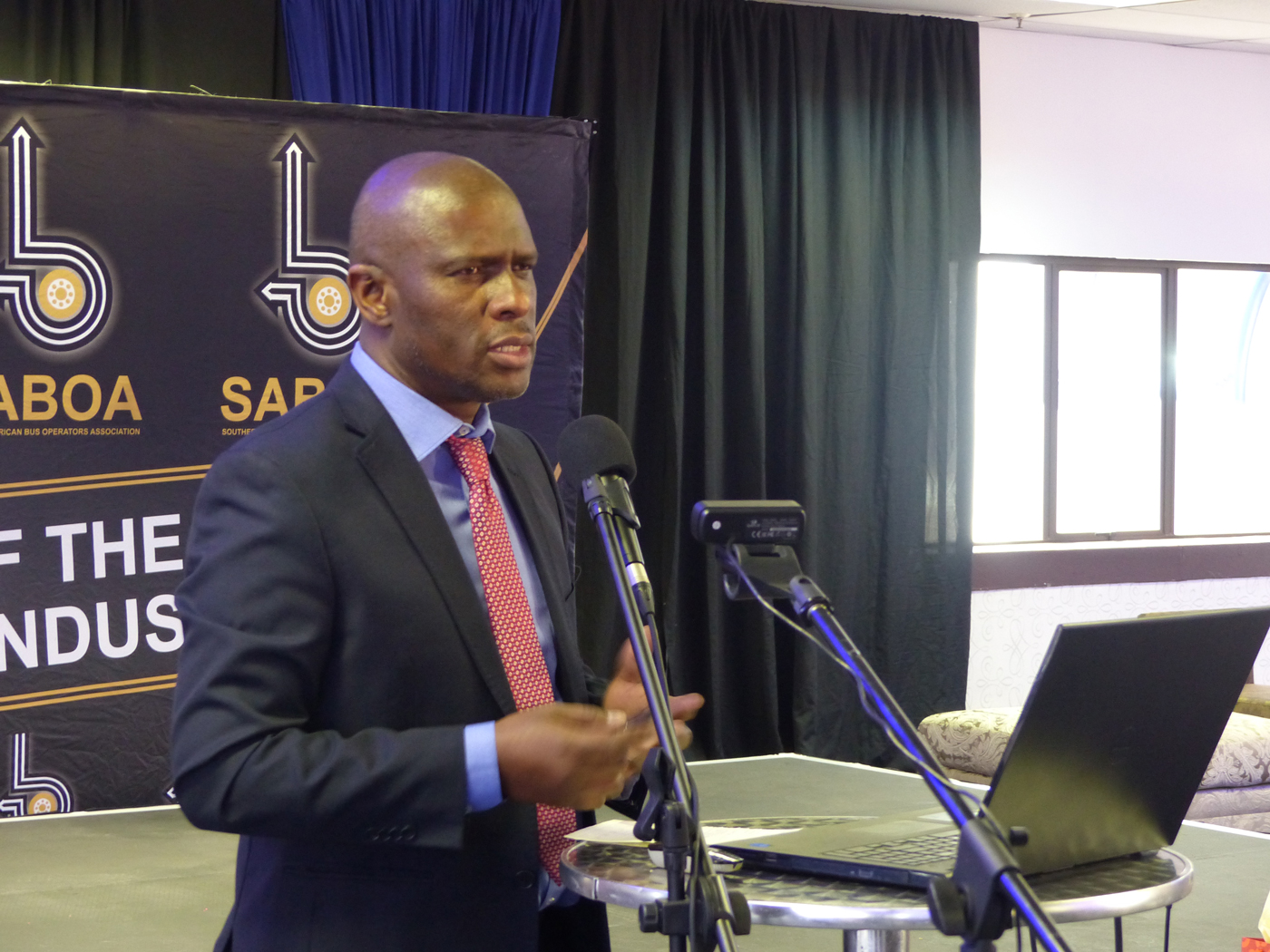
The company has given approval for the purchase of 60 locally assembled or built buses. By late next year, it intends to introduce five electric buses a month in Cape Town. The company is also partnering with the University of Stellenbosch to investigate the feasibility of converting diesel buses to electric.
“Battery storage is expensive but, with the improving efficiency of batteries and Eskom price escalations, usage will probably accelerate quite quickly,” he stressed.
Although nothing can be transformed overnight, Darko Skrbinsek from the Department of Transport (DoT) confirmed that the guidelines for public transport policy stated it should be user-targeted, equitable, and sustainable in the medium- to long-term.
“There is a prevailing legacy of inequality, apartheid spatial planning, and no alignment of past economic policy for public transport,” he said. “We have a critical role as a developing country to have policy objectives that ensure sustainability, and for this we need increased funding and to disassociate the independent operators from the definition of public transport.
“We also need to differentiate urban and rural community needs in the overall planning and funding strategy and go for mode-specific funding. Finally, no state entities should be public transport operators.”
Some of this was echoed by Rirhandzu Mashave, transport economist for the DoT, who said Transnet currently acts both as a player and referee when it comes to South African ports.
Transformation remains a pressing issue in the bus and coach industry and Kgomotso Selokane from the B-BBEE Charter Council was quite clear when she said: “We want the industry to be part of the process, but you cannot keep having a minority ahead while the majority remains in poverty – that is sowing the seeds for an ‘Arab Spring’. It’s a collaborative process and we do want to see 100% use of South African drivers included in the minimum compliance regulations.”
A further positive came from the Road Traffic Infringement Agency (RTIA), which confirmed the Administrative Adjudication of Road Traffic Offences (AARTO) would start to roll out in major metros from February next year and would target major infringements such as driving under the influence, reckless driving, and speeding in excess of 40km/h over the limit in the initial phase of the points demerit system.
Drivers will start with zero points and any offences committed will attract demerit points in varying volumes depending on the offence. Once the maximum of 15 points is reached, the offender will have their licence suspended for three months for every additional point.
Three such suspensions will mean the offender’s licence is cancelled and they will have to go through a rehabilitation programme and then apply for a Learner’s Licence. There are in the region of 2,500 offences listed that can attract demerit point status.
Based on everything said, the road ahead for bus and coach operators is not going to be easy – but it is one that can be negotiated.
Published by
Focus on Transport
focusmagsa




